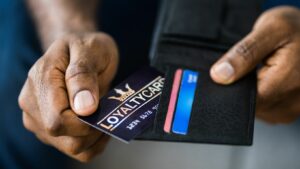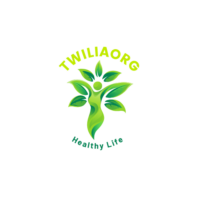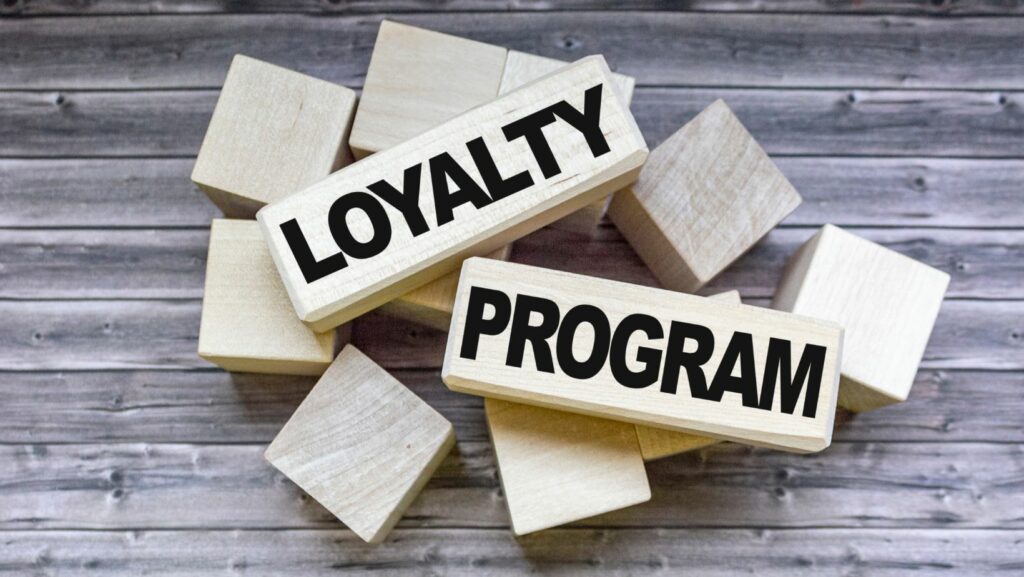In today’s competitive market, lifestyle loyalty programs are revolutionizing the way brands connect with consumers. These programs go beyond traditional points and discounts, offering personalized experiences that resonate with individual lifestyles. As companies strive to build lasting relationships, they’re crafting loyalty initiatives that cater to the diverse interests and needs of their customers.
As more businesses recognize the potential of lifestyle loyalty programs, they’re investing in technology and data analytics to tailor experiences even further. This evolution is reshaping consumer expectations and setting new standards for brand engagement. In this dynamic landscape, understanding the nuances of lifestyle loyalty programs is crucial for any brand aiming to thrive.
Understanding Lifestyle Loyalty Programs
Lifestyle loyalty programs connect with consumers by integrating brand experiences into everyday life. They go beyond transactional rewards, offering personalized interactions and community-building opportunities.

Lifestyle loyalty programs center on consumer habits and preferences. Unlike traditional loyalty schemes, these programs focus on enhancing life experiences. They provide tailored rewards, exclusive offers, and events that resonate with participants’ lifestyles. Members often engage through apps for seamless interaction and reward tracking. Key features include personalized content, gamification elements, and social sharing options, fostering a sense of belonging and engagement.
Lifestyle Loyalty Programs
Lifestyle loyalty programs offer consumers value by enhancing everyday experiences across various sectors. These programs create unique engagement opportunities that go beyond basic rewards.
Retail and Shopping Programs
Retailers leverage loyalty programs to attract and retain customers. Nordstrom’s Nordy Club offers tiered benefits based on spending, blending exclusive experiences like personal stylist access with points-based rewards. Sephora’s Beauty Insider features tiers such as Insider, VIB, and Rouge, providing personalized offers and early product access. These programs engage customers with exclusive perks that enhance shopping experiences.
Travel and Hospitality Programs

In the travel sector, loyalty programs incentivize frequent travelers. Marriott Bonvoy provides members with points redeemable for free stays and upgrades, contributing to enhanced travel experiences. Delta SkyMiles rewards members with miles for flights and partner services, which can be exchanged for travel perks. These programs integrate exclusive benefits to build customer loyalty in a competitive industry.
Health and Wellness Programs
Health-oriented loyalty programs focus on promoting well-being. CVS ExtraCare rewards program offers members savings on health-related purchases and personalized coupons, driving consumer engagement. Fitbit Premium provides personalized insights and advanced health data for users, encouraging regular use of their health-tracking devices. These programs align incentives with the goal of fostering healthier lifestyles.
Evaluating the Effectiveness of Loyalty Programs
Assessing the success of lifestyle loyalty programs involves analyzing their impact on customer relationships and business outcomes.
Metrics and KPIs
Key metrics determine loyalty program effectiveness. Retention rate, measuring returning users, indicates program success in fostering loyalty. Participation rate shows active member involvement within the program. Customer lifetime value (CLV) reflects the long-term financial contribution of program members. Additionally, net promoter score (NPS) evaluates consumer willingness to recommend the program, measuring satisfaction and advocacy levels. These metrics provide quantitative insights into the program’s impact.
Consumer Engagement and Satisfaction

Consumer engagement directly affects loyalty program success. Personalized rewards and exclusive access significantly boost member interaction. Engagement rates can be measured through the frequency of use and participation in program activities. Satisfaction is linked to the perceived value of the benefits, often highlighted by consumer feedback and program-specific surveys.
Future Trends in Loyalty Programs
Future trends in loyalty programs are reshaping the landscape by emphasizing technology and personalization. These trends aim to elevate customer experiences in lifestyle loyalty programs.
Integration with Technology
Technology plays a pivotal role in evolving loyalty programs. Using artificial intelligence and machine learning, businesses analyze consumer behaviors to improve engagement strategies. Blockchain enhances transparency and trust in rewards distribution. Mobile apps enable seamless interactions, making it easier for customers to track points and redeem rewards instantly.
Personalization and Customization
Personalization and customization are crucial for lifestyle loyalty programs. AI-driven insights allow brands to create tailored experiences that resonate with individual preferences. Dynamic content adapts to user interactions, offering exclusive benefits and targeted promotions. These methods increase relevancy, resulting in higher customer engagement and satisfaction.

